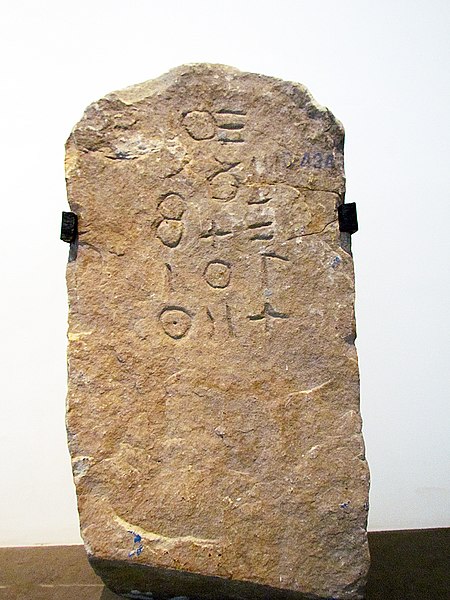Masinissa, also spelled Massinissa, Massena and Massan, was an ancient Numidian king best known for leading a federation of Massylii Berber tribes during the Second Punic War, ultimately uniting them into a kingdom that became a major regional power in North Africa.
Much of what is known about Masinissa comes from the Livy's History of Rome, and to a lesser extent Cicero's Scipio's Dream. As the son of a Numidian chieftain allied to Carthage, he fought against the Romans in the Second Punic War, but later switched sides upon concluding that Rome would prevail. With the support of his erstwhile enemy, he united the eastern and western Numidian tribes and founded the Kingdom of Numidia. As a Roman ally, Masinissa took part in the decisive Battle of Zama in 202 BC that effectively ended the war in Carthage's defeat; he also allowed his wife Sophonisba, a famed Carthaginian noblewoman who had influenced Numidian affairs to Carthage's benefit, to poison herself in lieu of being paraded in a triumph in Rome.

Coin of King Massinissa
Scipio at the deathbed of Masinissa
Central wall depicting Sophonisba requesting help from Massinissa
Image: Tomb of Massinissa 01
Numidian was a language spoken in ancient Numidia. The script in which it was written, the Libyco-Berber alphabet, has been almost fully deciphered and most characters have known values. Despite this, the language has barely been deciphered and only a few words are known. Libyco-Berber inscriptions are attested from the 3rd century BC to the 3rd century AD. The language is scarcely attested and can be confidently identified only as belonging to the Afroasiatic family, although it was most likely part of the Berber languages, spoken at the start of the breakup of the Proto-Berber language.
Numidian stela with Libyc text in the Bardo National Museum
The first published sketch of the Ateban inscription






